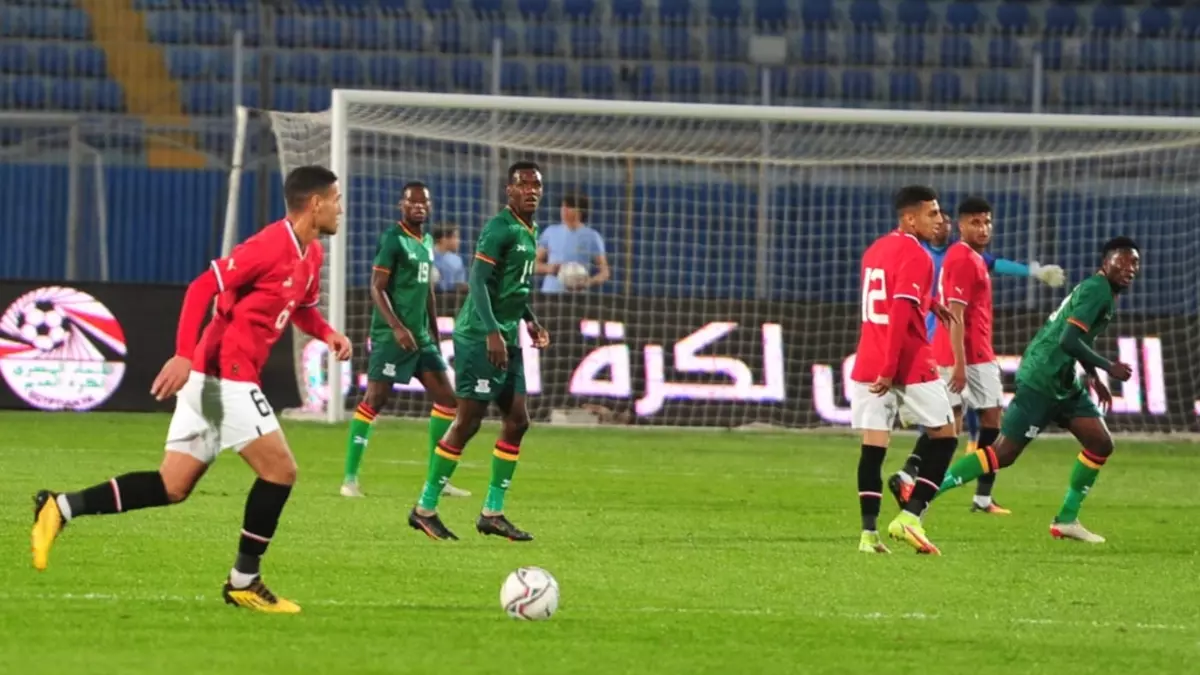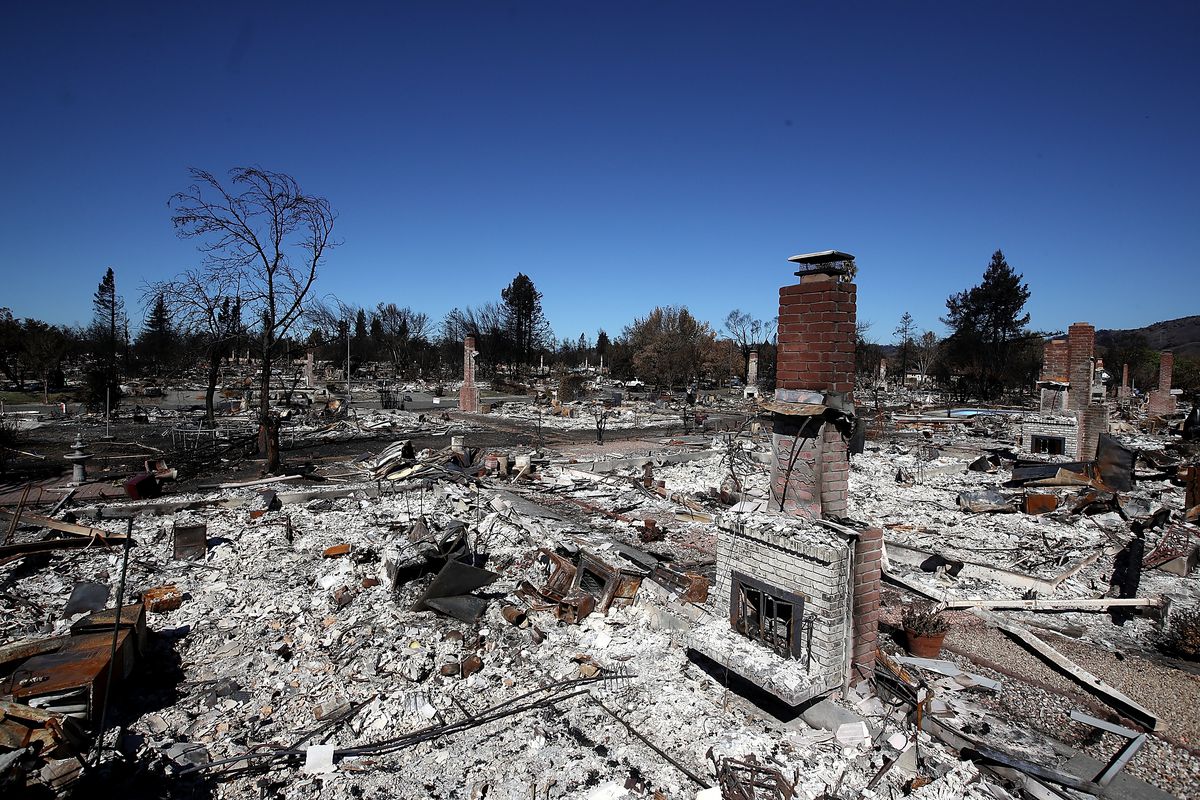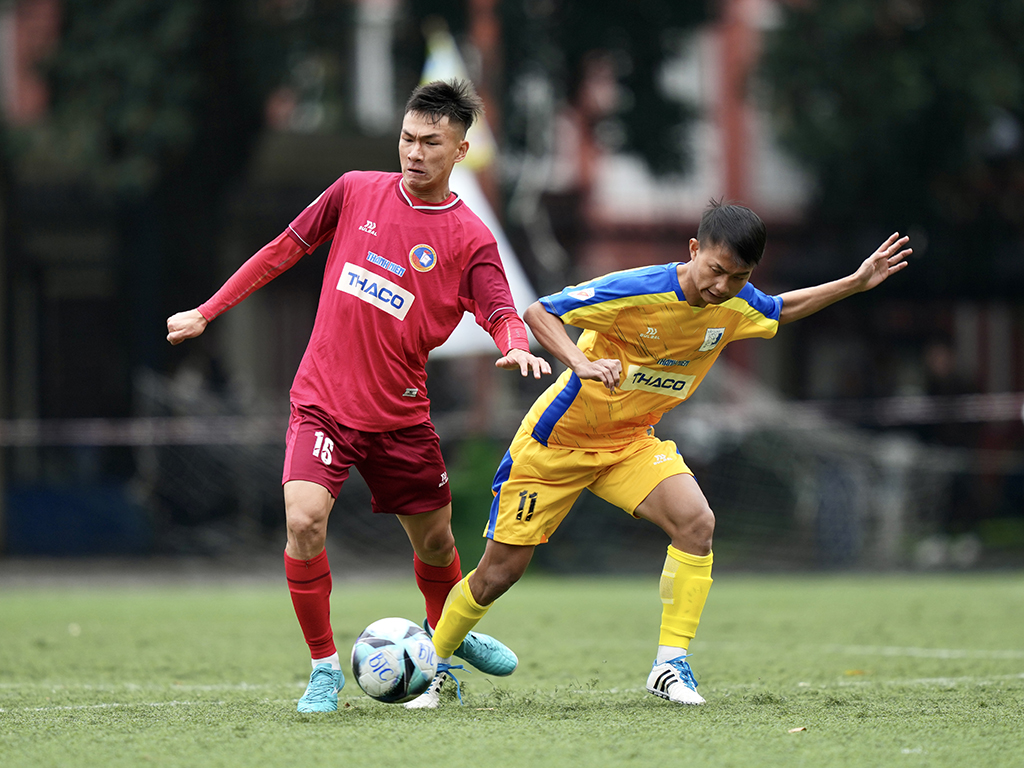Russia's Spring Offensive: Warmer Weather A Decisive Factor?

Table of Contents
Improved Mobility and Logistics
The thawing ground significantly alters the battlefield dynamics, particularly impacting mechanized warfare and logistical capabilities. The harsh winter months saw significant limitations on movement, resulting in slowed advances and supply chain vulnerabilities. The improvement in conditions promises a significant shift.
Impact on Mechanized Warfare
Warmer weather dramatically improves the maneuverability of tanks and armored vehicles, crucial components of Russia's military strategy. The muddy conditions of winter severely hampered movement, limiting tactical options and slowing the pace of the offensive. Now, with the ground drying, we can anticipate:
- Increased speed and efficiency of troop and equipment deployment: Faster movement allows for quicker responses to changing situations and the exploitation of breakthroughs.
- Greater potential for flanking maneuvers and rapid advances: Improved mobility opens up opportunities for outmaneuvering Ukrainian forces and achieving decisive breakthroughs.
- Reduced risk of vehicles becoming bogged down: This reduces the vulnerability of heavy equipment and allows for more aggressive tactical maneuvers.
Supply Line Improvements
Thawing ground also translates to easier access to supply routes, easing the logistical challenges that plagued the Russian military during the winter months. This means:
- Faster resupply of ammunition and essential resources: Sustaining a large-scale offensive requires a constant flow of supplies, which improved road conditions significantly facilitate.
- Reduced reliance on vulnerable supply lines: Easier access to routes means less dependence on potentially vulnerable pathways, making the supply chain more resilient.
- Improved capacity for sustaining extended offensives: With reliable resupply, Russia can sustain its offensive for a longer duration, increasing the pressure on Ukrainian forces.
Impact on Troop Morale and Combat Effectiveness
Beyond logistical advantages, warmer weather can indirectly influence the effectiveness of the Russian military through improved troop morale and increased operational tempo.
Improved Living Conditions
Warmer temperatures provide significantly more comfortable living conditions for Russian troops, a factor that could significantly boost morale and reduce the incidence of weather-related illnesses. This translates to:
- Reduced exposure to harsh weather elements: Soldiers will be less susceptible to hypothermia, frostbite, and other cold-weather ailments.
- Improved hygiene and sanitation possibilities: Better conditions facilitate better hygiene practices, leading to a healthier and more effective fighting force.
- Positive effect on soldier well-being and overall combat performance: Improved morale and health directly contribute to increased combat effectiveness.
Increased Operational Tempo
Favorable weather allows for extended periods of active combat operations, enabling Russia to press its offensive more aggressively. This leads to:
- Longer operational days and more frequent engagements: Improved visibility and mobility allow for sustained combat operations throughout the day.
- Increased pressure on Ukrainian forces: The ability to maintain a higher operational tempo puts greater strain on Ukrainian defenses and resources.
- Potential for quicker gains and breakthroughs: Sustained pressure and aggressive maneuvers could lead to faster territorial gains for the Russian military.
Challenges Remain Despite Warmer Weather
While warmer weather presents undeniable advantages, it's crucial to acknowledge that Russia still faces significant obstacles in its spring offensive.
Ukrainian Defenses
The Ukrainian military has had months to prepare defensive positions, fortifying existing lines and exploiting the winter months to strengthen their defenses. Warmer weather won't negate the effectiveness of these defenses. Key challenges remain:
- Fortified positions and minefields still pose significant obstacles: These defensive measures continue to hamper Russian advances, regardless of improved mobility.
- Continued Ukrainian resistance and counteroffensives: The Ukrainian army's resilience and ability to launch effective counteroffensives remain a major challenge.
- Potential for heavy losses for the Russian forces despite improved conditions: Even with improved mobility, assaulting well-defended positions will likely result in significant casualties.
Western Military Aid
The continued flow of advanced weaponry and training from Western allies remains a significant impediment to Russia's ambitions. This includes:
- Provision of long-range artillery and air defense systems: These systems significantly enhance Ukraine's defensive capabilities and counter-offensive potential.
- Sustained training and support from NATO allies: This training bolsters the Ukrainian military's effectiveness and preparedness.
- Potential for undermining Russia's advantages brought by warmer weather: The provision of advanced weaponry can help negate some of the advantages Russia gains from improved weather conditions.
Conclusion
Warmer weather undoubtedly provides significant advantages to Russia's spring offensive, enhancing mobility, logistics, and potentially boosting troop morale. However, the strength of Ukrainian defenses, fortified positions, and the continued support from Western allies remain powerful countervailing forces. The outcome of Russia's spring offensive hinges on a complex interplay of these factors, rendering the situation highly uncertain. To stay abreast of the latest developments and analysis regarding Russia's Spring Offensive, ensure you follow reputable news sources and expert commentary. Understanding the impact of weather and geopolitical factors on Russia's Spring Offensive is paramount for comprehending the future trajectory of the war in Ukraine.

Featured Posts
-
 Mercedes Mones Plea To Momo Watanabe Tbs Championship In Jeopardy
May 01, 2025
Mercedes Mones Plea To Momo Watanabe Tbs Championship In Jeopardy
May 01, 2025 -
 One Food Worse Than Smoking A Doctor Explains The Deadly Link To Early Mortality
May 01, 2025
One Food Worse Than Smoking A Doctor Explains The Deadly Link To Early Mortality
May 01, 2025 -
 Tongas Victory A Setback For Samoas Olympic Bid
May 01, 2025
Tongas Victory A Setback For Samoas Olympic Bid
May 01, 2025 -
 La Landlord Price Gouging A Crisis Exacerbated By Recent Fires
May 01, 2025
La Landlord Price Gouging A Crisis Exacerbated By Recent Fires
May 01, 2025 -
 Lich Thi Dau Chinh Thuc Vong Chung Ket Tnsv Thaco Cup 2025 Xem Truc Tuyen O Dau
May 01, 2025
Lich Thi Dau Chinh Thuc Vong Chung Ket Tnsv Thaco Cup 2025 Xem Truc Tuyen O Dau
May 01, 2025
Latest Posts
-
 High Walk Count And Injuries Impact Angels Home Opener
May 01, 2025
High Walk Count And Injuries Impact Angels Home Opener
May 01, 2025 -
 Angels Opening Day A Game Of Walks And Injuries
May 01, 2025
Angels Opening Day A Game Of Walks And Injuries
May 01, 2025 -
 Home Opener Disappointment Angels Struggle With Walks And Injuries
May 01, 2025
Home Opener Disappointment Angels Struggle With Walks And Injuries
May 01, 2025 -
 Poor Control And Injuries Plague Angels Home Debut
May 01, 2025
Poor Control And Injuries Plague Angels Home Debut
May 01, 2025 -
 Tnsv Thaco Cup 2025 Lich Thi Dau Kenh Phat Song Va Thong Tin Chi Tiet Vong Chung Ket
May 01, 2025
Tnsv Thaco Cup 2025 Lich Thi Dau Kenh Phat Song Va Thong Tin Chi Tiet Vong Chung Ket
May 01, 2025
